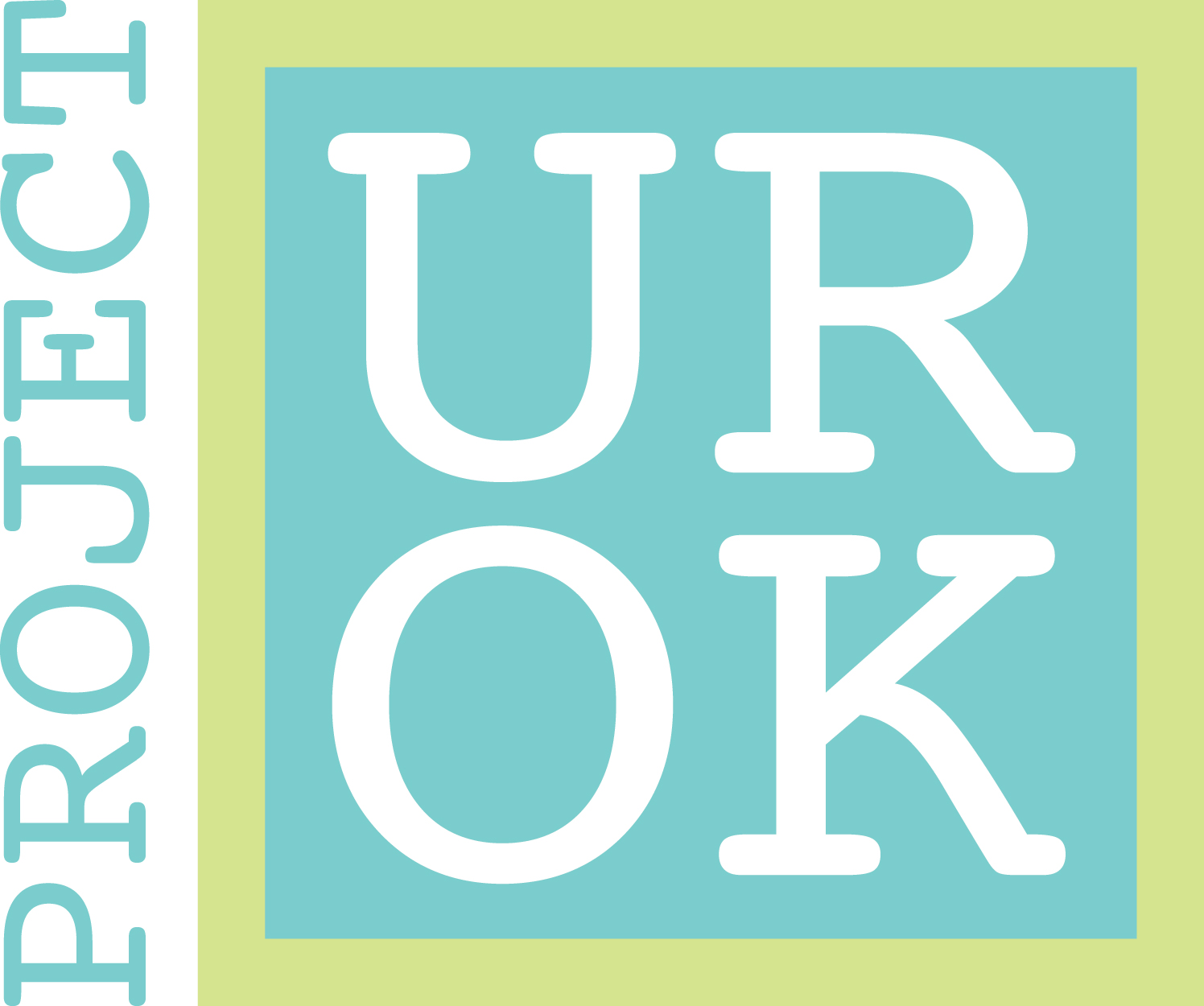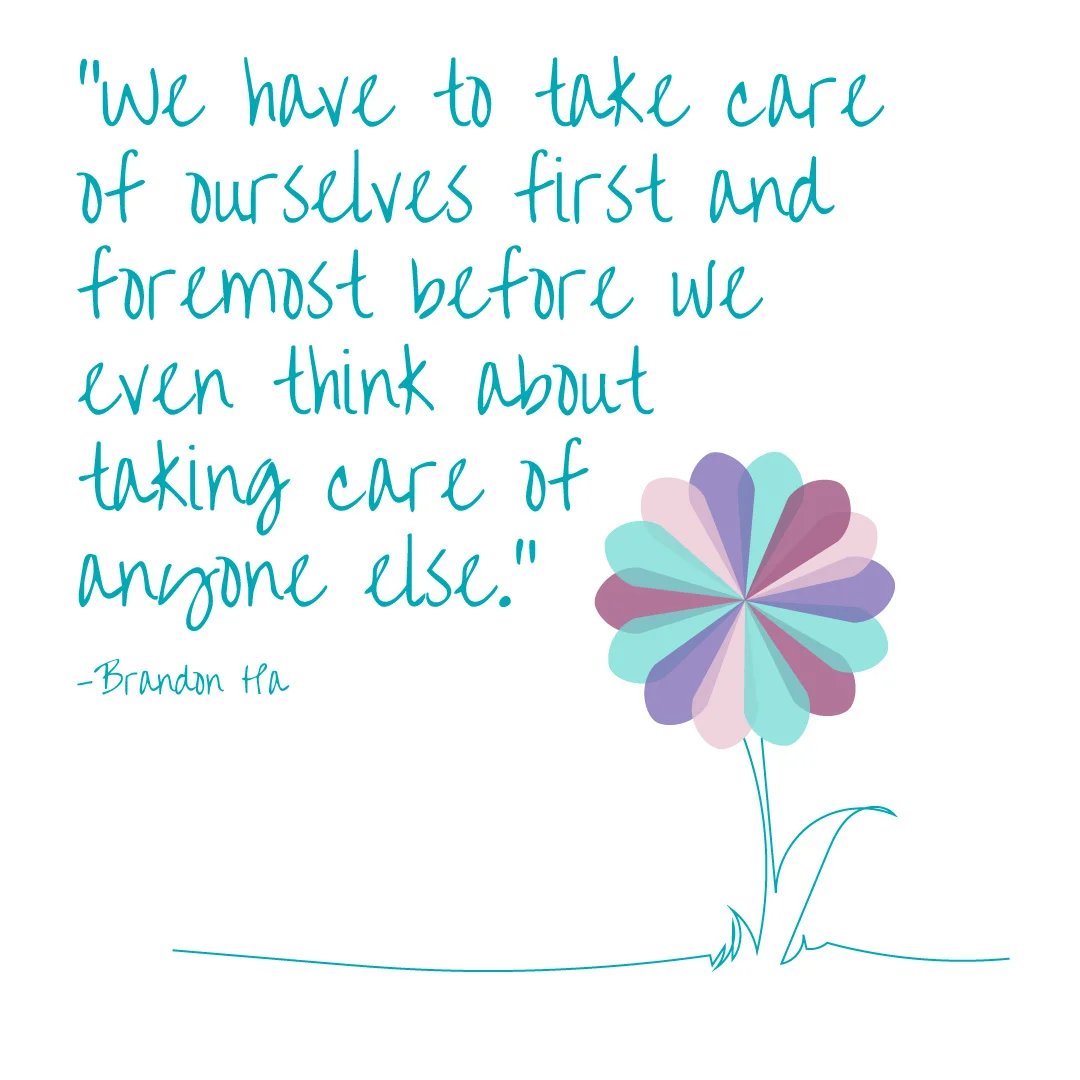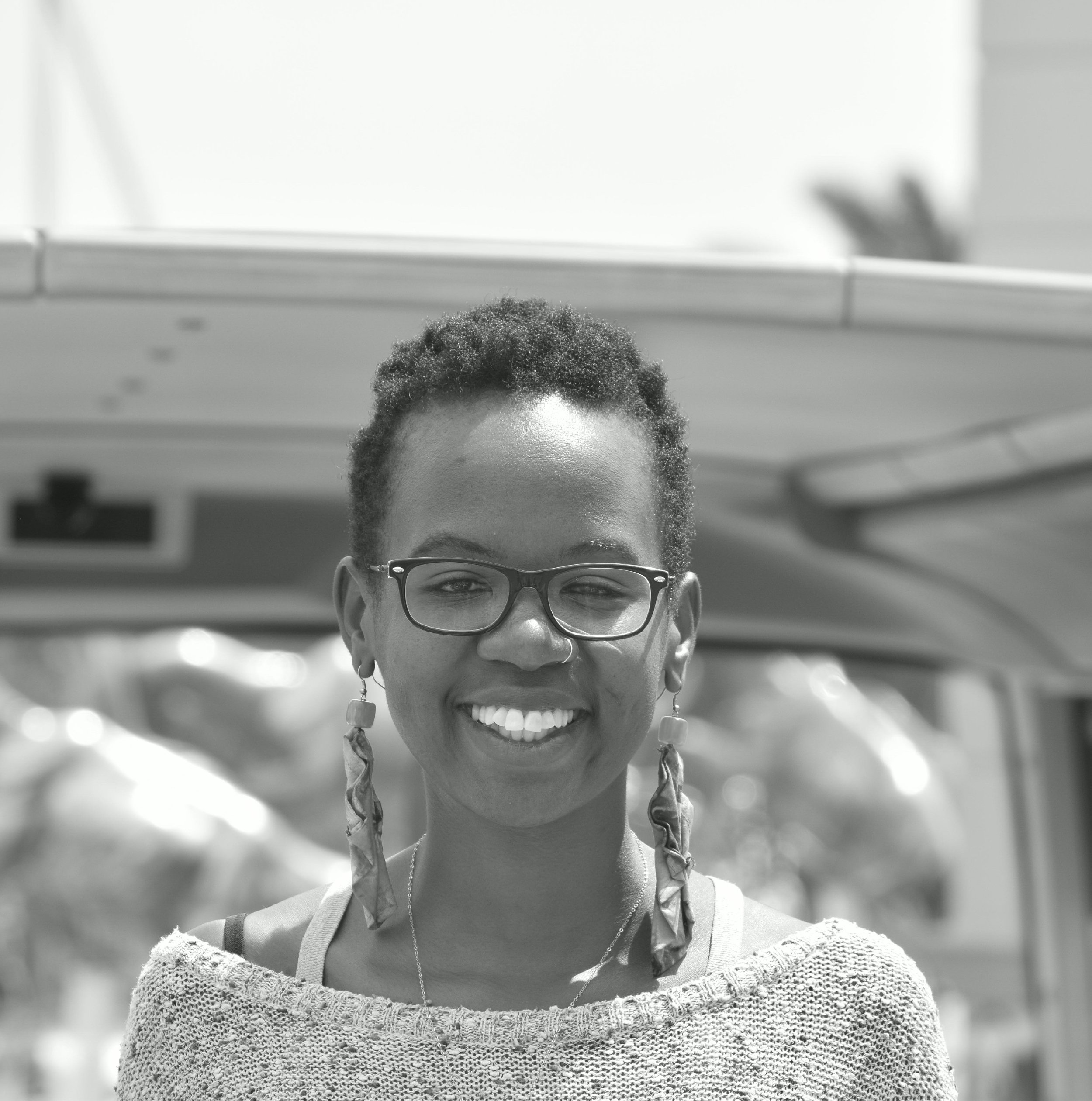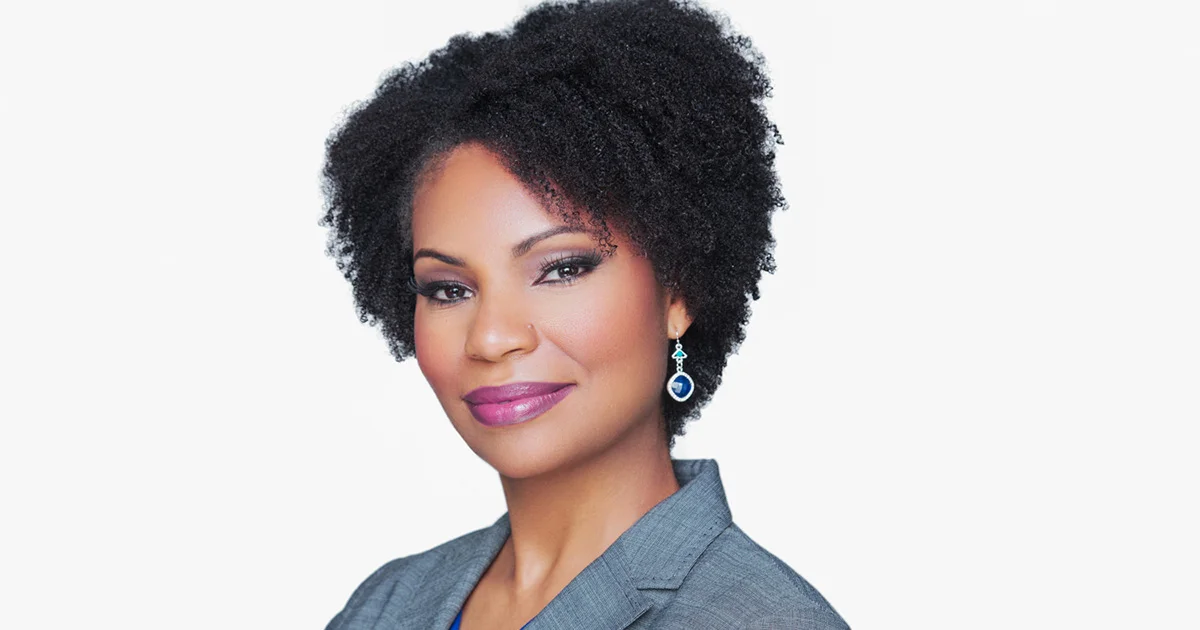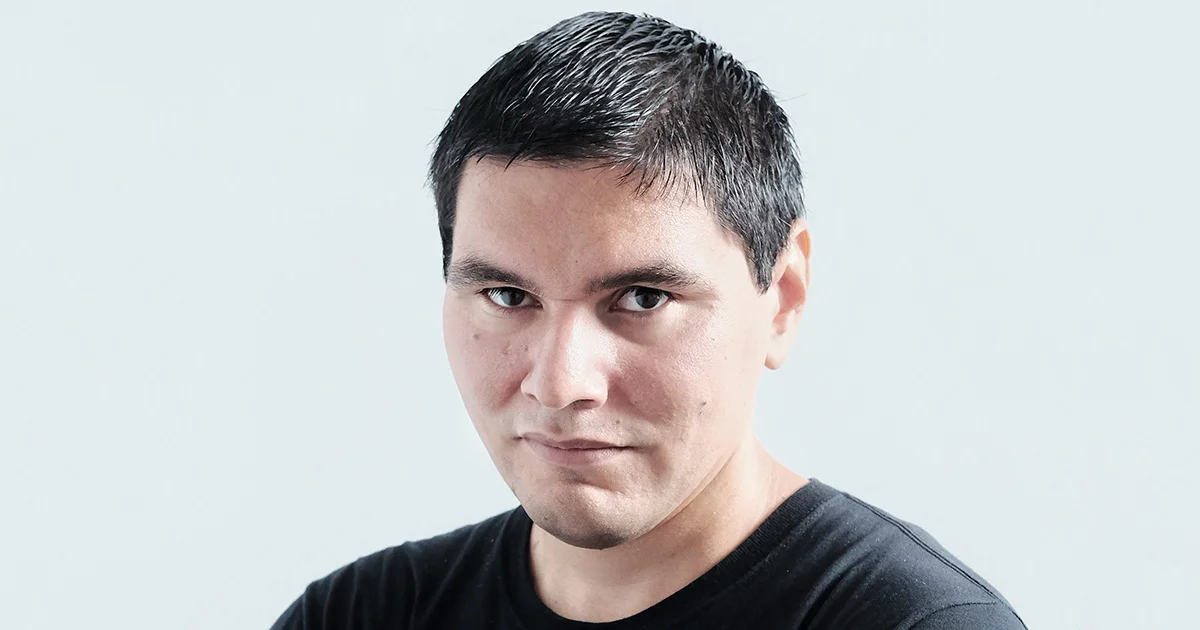Do you know what it’s like to live your life never feeling normal? I do. I remember when I was young, no older than 6 or 7 years, and I threw up in the middle of the street while talking to a neighbor; a relative of mine hollered, “WHY CAN’T YOU BE NORMAL LIKE OTHER KIDS?” As I sat crying, wondering what exactly I could do to fix myself. I was a sickly child and no doctor or specialist could determine what was wrong), I began to feel less than adequate.
Read MoreOur community is fighting and it’s a beautiful thing to see. From mental health statement selfies on Instagram to semicolon tattoos; more and more people who live with mental illness are sharing their stories on social media. If you check out #MentalHealthAwareness on social media, you’ll see and feel a mixture of emotions: pride, sadness, motivation, and inspiration. People living with mental illness are doing more work than ever to change the perception of mental health. It’s incredible.
Read MoreI started my work based on my personal experience as a rape survivor living with a dual diagnosis of epilepsy and bipolar and finding myself in a space where information and support were not easily available. So I started providing information and creating support systems. Mental health issues are slowing down and sometimes robbing society of powerful souls. A lot of people are going through things they don't know how to handle and need to be constantly reminded that they are not alone, that they are enough.
Read MoreTamu Lewis is the Co-Founder of the Lee Thompson Young Foundation. She started the foundation with her mother, Dr. Velma Love, in honor of her brother, actor Lee Thompson Young, who died by suicide after struggling with bipolar disorder. The foundation seeks to end stigma associated with mental health through education, support, and resources. We asked her why her work is so important and how she approaches self-care. She says, "mental health impacts everyone and we need to be more aware of mental health challenges and resources in order to help ourselves and others."
Read MoreMy approach to advocacy starts with sharing my own vulnerability and the ups and downs of my journey. Instead of hiding my bipolar and anxiety I talk about it on social media and start a dialogue out of it for anyone to join. I also travel and speak for various mental health organizations even though most days I’d prefer to be wrapped up in my blanket in bed. I’ve often heard that men don’t talk about their mental health because that makes them weak. I used to hold back due to fear of verbal abuse, but I’ve realized that the more I open up the better my mental health is overall.
Read MoreI've written extensively about my experience as a postpartum depression and anxiety survivor. In my visual art, I focus on the impact of trauma-both inherited and personal, and how living with rapid cycling bipolar disorder type 2 impacts my life. In my first couple of years as a mental health advocate, I noticed a lack of outreach and advocacy targeted specifically to and inclusive of women of color. I noticed our needs and experiences weren't being widely recognized or discussed and saw very few spaces dedicated to providing us support.
Read MoreI founded QTPoC Mental Health in March 2015 after a year-long breakdown brought on by resurfacing trauma, and instead of getting support and compassion from the people around me at that time, I was abused in multiple ways. Desperation got me started; gratitude and love keep me going. And the movement to create emotional support resources by and for queer & trans people of color just keeps growing because of so many of us, myself included, need support that existing systems of care don't currently provide.
Read MoreI found Letters to Strangers when I was 14. Two years prior, I'd sunk deep into depression and bipolar disorder and attempted suicide. After that experience, I couldn't bear the thought of anyone feeling so lonely and lost. I believe in the power of human connection; that writing is humanity distilled into ink; that one letter - one human connection - can save a life. So when I heard of people at VidCon exchanging letters with strangers for fun, I transformed that into an in-school experience where peers could support each other with anonymous letters meant to share their own stories, thoughts, and provide solace in the comfort of respectful anonymity.
Read MoreHow I got involved...well I struggled with recurring symptoms of depression starting in my childhood, which became more severe in my teenage years. My senior year of high school, I asked adults for help but was told, "this is just teenage angst." Then, my freshman year of college, I lost a friend who was diagnosed with bipolar disorder to suicide.
Read More